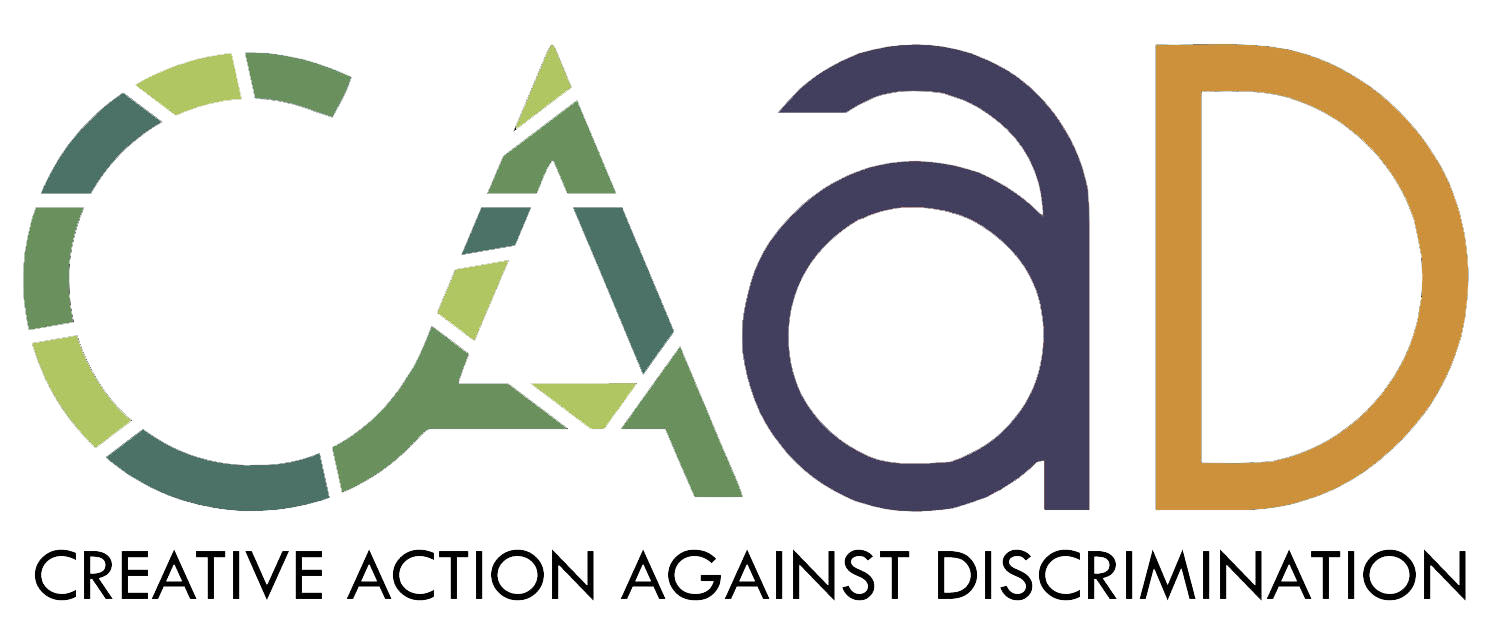How to advertise for anti-discriminatory theatre workshops?
One motivation behind “Creative Action against Discrimination” was to reach people who would not attend workshops on discrimination through creative workshops. Hence, while the main goal was to educate people on matters of discrimination and how to act against it through creative means, a second and related goal was to reach people through creative workshops who otherwise would not attend a workshop on discrimination.
Our interest in this particular group was because we imagined that our audience might be divided into three kinds of groups:
- People who are aware of matters of discrimination and inequality in society and would attend workshops on these topics anyhow
- People who might be aware or unaware of these topics but don’t regard them as problems and who might even be supportive of an unequal society and hostile towards anti-discrimination
- People who would not attend such workshops not because they are vehemently against equality and anti-discrimination but because they are cut off from discourse around it and bear no relation to the topic.
While we knew that the second group was not a section of the audience we could realistically reach, the last group was the challenge we wanted to take on. We believe that this group has fundamentally good intentions but needs a different kind of access to the topic of discrimination in society.
For this last group it was important that we introduced them to the topic via a detour. We did not want to use “activist” language that already requires prior knowledge of the situation. This could potentially already alienate them from the workshop.
Rather it was clear to us that we should not make the topic of the workshop the sole focus of it and take off the pressure of having to “learn”.
In the theatre workshop carried out by Kulturhaus Brotfabrik in Vienna this group was rather successfully reached. This is probably also thanks to the inherent quality of theatre that calls for putting oneself in other people’s shoes and adopting other perspectives.
Two things during the promotion and advertising of the workshop were important: firstly, the public and official topic of the workshop had to be something that means something to this audience section, something that they are familiar with but don’t have to have formal knowledge about. By choosing the topic of identity for the theatre workshops we found such a topic. Identity is a question most people personally deal with – even if not socially or politically. It’s something that is present in people’s lives and seems natural but is simultaneously very complex. Identity is also a perfect start to open up the conversation to discrimination.
Secondly, the workshops were not advertised as anti-discrimination workshops. The promise to the audience was a theatre workshop in which they could learn techniques and explore the topic of identity artistically. This way the participants didn’t regard the goal of the workshop to be learning something about discrimination and unlearning discriminatory behaviour which also took pressure off of them.
Even though the advertising didn’t highlight the component of anti-discrimination, we didn’t conceal the fact that one of the trainers in the workshop was someone with expertise in anti-discrimination work. Being upfront about the professional background of the trainers is important in order to not seem manipulative. In our experience, this circumstance didn’t raise any scepticism among the participants because the second trainer was a theatre actress and director. Consequently, we can add that it’s important to work with a team of trainers that bring different skills to the table. Artistic experience and anti-discrimination experience should complement each other in regards to the trainers.

Get in touch
For general requests regarding the project, please contact:
info@kulturhaus-brotfabrik.at
To get in touch with one of the partners, see partner’s details!
